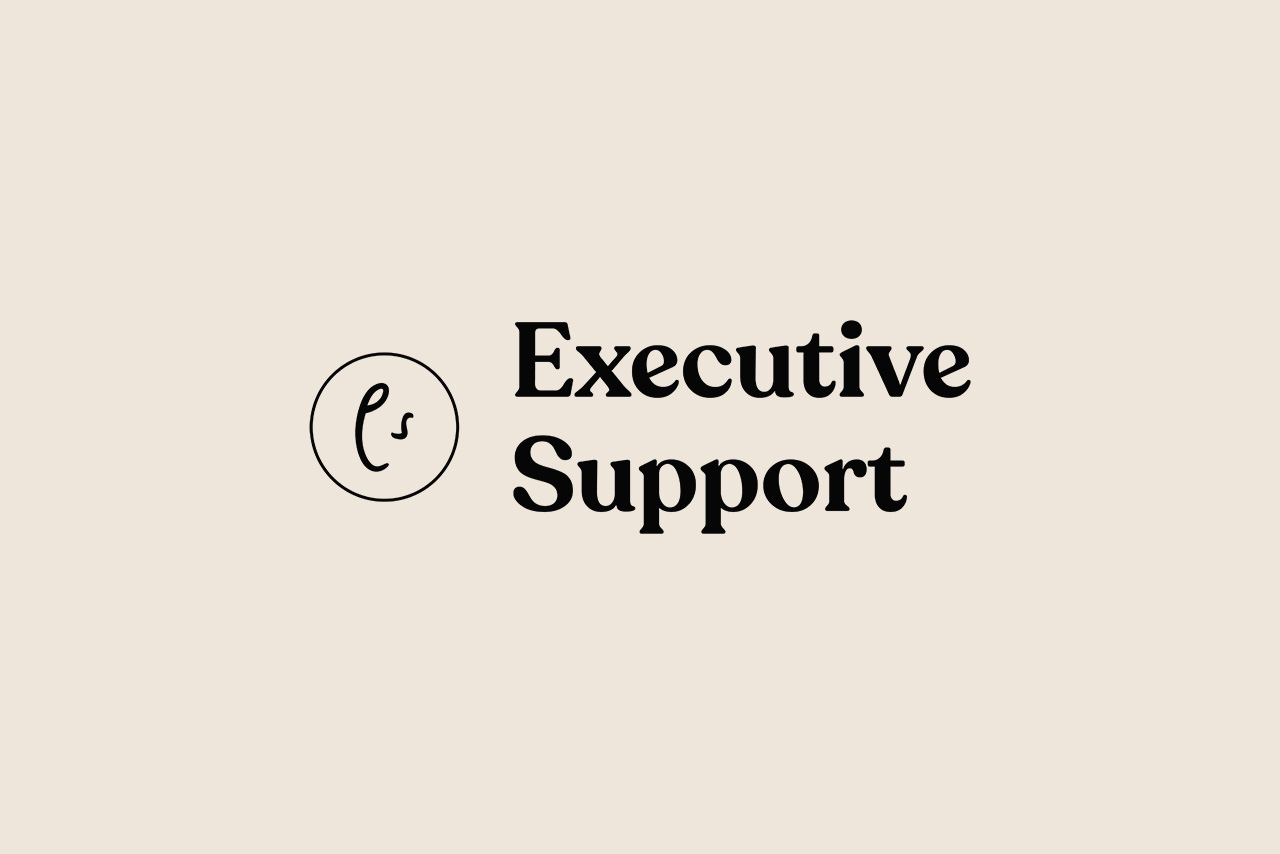
One of the biggest challenges with becoming a new leader is that the focus on you moves from you being really good at your area of technical expertise to you needing to be really good at behavioural dynamics.
Suddenly ‘knowing your stuff’ isn’t as important as knowing how to engage with the people you lead and understanding what makes them tick. So building your confidence is key – even if you don’t always feel it. You also become more visible – watched by those you manage and those who manage you, and this can feel like a lot of new pressure, especially if you get feedback, which, however well intentioned can make the best of us feel insecure.
Here are some tips to remind you have how to keep grounded and manage to continue to build your confidence at the same time as learning from any feedback you receive.
Remember that who you are is enough.
It’s not just what you do at work that makes an impact, but how you show up. So remind yourself of positive personality traits that you have that others will see and appreciate in you. You are enough – you have what’s required. Building confidence starts from knowing that you are already enough. So often we can get pulled into a state of scarcity – where we feel anxious and fearful that we don’t have what it takes. When this happens it can mean that we end up overcompensating from feeling a sense that we lack something, and this in turn can trip us into feeling overwhelmed, or working too hard to prove ourselves. It’s like a set of scales or a pendulum that swings us from scarcity to excess and back again. In the middle of the scales though, is the place of enough. When you know that who you are is enough you can replace any sense that you lack something with appreciation of what you do. It’s a sense of fullness – you move from chasing the ever hungry, never satisfied state of striving to focusing on what you have and starting from there. Believing that you are enough allows you to stand in the fertile ground, well rooted, and well-resourced so that you can flourish with creativity and brilliance. Try offering yourself a daily mantra, “I am enough for this role.” It can have a powerful effect, and is a great antidote to those imposter syndrome gremlins.
Focus your attention on all the things you bring.
You’ve been given a leadership role for a reason, and it’s important to remind yourself of them. Write down your three top strengths and how useful they are to the leadership role. Focusing on the behavioual aspect of things can really help. Things like, “I’m really friendly and good at building relationships” or “I know how to build a good team” can be a great way to remind yourself that you already know more than you think. You don’t need to read a hundred business books to know how to build relationships and that is at the heart of good leadership. Once you’ve written your strengths down, read them aloud to yourself regularly so that not only do you hear them and but you feel them resonate in your body.
Be curious about how things work and seek the advice of those who know.
Starting as a new leader can be scary because we want to do a good job. Prepare some questions that you’ll ask different colleagues early on about what they would like from you in your leadership role. Think of the leaders that you admire and notice what they do. Ask leaders that you’ve worked with or colleagues in different leadership roles what they think is important for a new leader to think about. This can help you see that you’re not alone, and that everyone has a different style. It will also be useful to build a network of allies who you can talk to if and when you receive negative feedback.
Remember that you are not your role.
Becoming a leader makes you more visible – people start to see you as the role rather than the person you are, and this can be a real challenge, especially if it leads to negative feedback. But let’s be honest, most of us have sometime in our lives moaned about the CEO or even their line manager. It’s as if, on one level we forget that they are human beings doing their best, and just see the hierarchy. It’s so helpful to remember this when you start a new leadership role. It’s quite possible that negative comments or feedback would be said about anyone in the role you’re in. It’s not always personal. Taking a step back and separating out who you are from your leadership role can really help to protect you from taking things too personally.
Take your inner team with you.
Think of all the people that have supported and cheered you in your life. Imagine them all standing behind you. You can even write their names down and put them in your back pocket. They’ve got your back and will remind you that you’re not alone, even on the days when things feel tough.
Imagine it’s already gone well.
In your mind’s eye see yourself walking out of work at the end of each week having rocked it. What does it feel like to imagine this? Hold on to that feeling and start every Monday morning knowing that you have already been successful in your imagination. This again will help you to build the feeling of confidence from the inside out.
Practice coherent breathing.
Practice settling your nervous system by doing some regular deep breathing. Five deep breaths in and out to your abdomen, creates coherence in your body which keeps you fully in the present moment and re-sets any fear triggers. When you start in a new role the feelings of fear can trigger our ‘fight, flight, freeze’ response in our brains. This is totally normal – it’s just our body trying to protect us. But it’s not that helpful if it happens just as we’re trying to make a good impression on our new colleagues or when we receive some negative feedback. The way to bring ourselves back into a state of calm alertness is breathing, and if you’ve practiced doing this before you start, you know that you have the capacity to calm yourself when you need to.
Make your body language big!
Research suggests that when our body language is big and open, we are more confident than when its closed and protective. Imagine you’re a superhero or popstar ready to take on the world. Not only does standing with your shoulders back, taking up space make you feel like a rockstar, but it will release lots of hormones like serotonin in your system that will help with your confidence.
Show yourself some compassion.
Finally, being a new leader is exciting and challenging. You’ve done so well already to get here. Remembering that you are a human being doing your best, and showing yourself some compassion for that will help you to build your confidence and keep you grounded when the feedback is tough.


